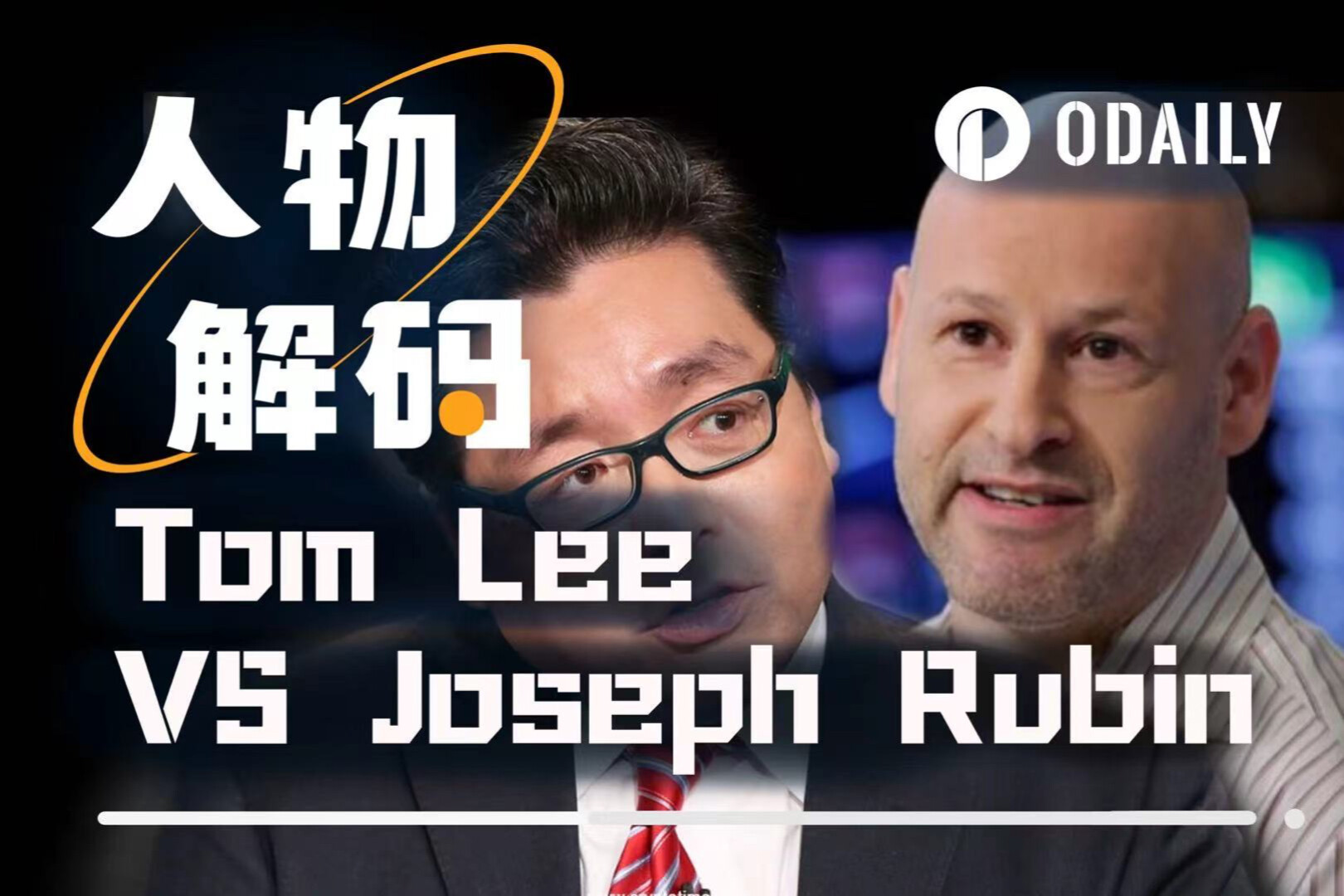While the limelight in the blockchain industry has been dominated by Bitcoin, the most important news in the space (the rise of DeFi) is still largely ignored (or missed) by most news outlets. In the past year, "decentralized Wall Street" has emerged, with users putting more than $50 billion worth of assets into applications that replicate traditional finance on decentralized blockchain infrastructure. product.
With DeFi, millions of new users can now borrow, trade, save, and more, all without the permission of the companies whose interests may not always align with their customers. As the DeFi industry continues to grow in terms of users and total value, those in the know are wondering: How will the rise of DeFi affect the financial technology industry?
Fintech companies have long been considered the most innovative part of the financial industry, with their slick applications and easy-to-use user interfaces posing a major challenge to the traditional banking experience. However, in the blockchain industry, these innovative companies and their applications have struggled to keep up; with the rise of DeFi, they are catching up. After years of treating the blockchain space as something to be reckoned with, these increasingly powerful startups were largely caught off guard by the resurgence of crypto, with most startups not really making sense until early 2021. Deal with Bitcoin online.
Even today, many of these firms are scrambling to provide their users with basic custody solutions that allow their clients to hold digital assets. However, hosting is only a bare minimum requirement. Fintech teams dismiss today's interest in digital assets as a passing fad, but ignore the bigger picture: the internet is coming for their businesses. They should try to adapt to this new technology, just like their predecessors who survived the brutal market did 20 years ago with the rise of Web 2.0.
Skepticism about DeFi stems from a misunderstanding of the technology's appeal to ordinary users. Fintech companies believe they can outperform banks by offering a better user experience and giving users more control over their finances. They also typically offer some yield or earning opportunity, which is a low bar given the 0.02% annual yield on bank savings accounts. However, what fintech companies have yet to realize is that their new competitor is not traditional banking, but DeFi’s unbanked experience, which gives users the control and opportunity they think they have when using applications.
DeFi users can maintain absolute control over their assets while gaining financial products and platforms with significant advantages over their traditional counterparts. Whether it's trading on a decentralized exchange, storing assets with private keys, lending through shared liquidity pools and earning high yields, or buying tokens that track the price of real-world assets like gold, DeFi users are doing it completely autonomously. make financial decisions. When the rules of the game suddenly play in your favor, no one can stop you from trading. The outrage we’re seeing in fintech and banking today is a result of people’s growing awareness that they’re not really in control of their financial lives. As trust issues continue to emerge in the traditional financial sector and yields stagnate, the trend of massive capital flows into DeFi will only continue.
The emergence of DeFi has great significance for the real world. DeFi increases the accessibility of financial services. The World Bank estimates that as of 2017, 1.7 billion people do not have bank accounts, so it will be much easier for these people to obtain financial services under the DeFi model. DeFi represents a movement that aims to promote borderless, censorship-free, and hassle-free financial products. The DeFi protocol will not discriminate against anyone, and will create a fair participation environment for everyone. DeFi resists inflation and has full control over its own assets. At present, many countries around the world are facing an economic crisis of high inflation. For example, Argentina's inflation rate reached 53.8% in 2019, the highest level in 28 years, making Argentina the top five countries with the highest inflation rate in the world. The introduction of DeFi will effectively resist the losses caused by inflation.



